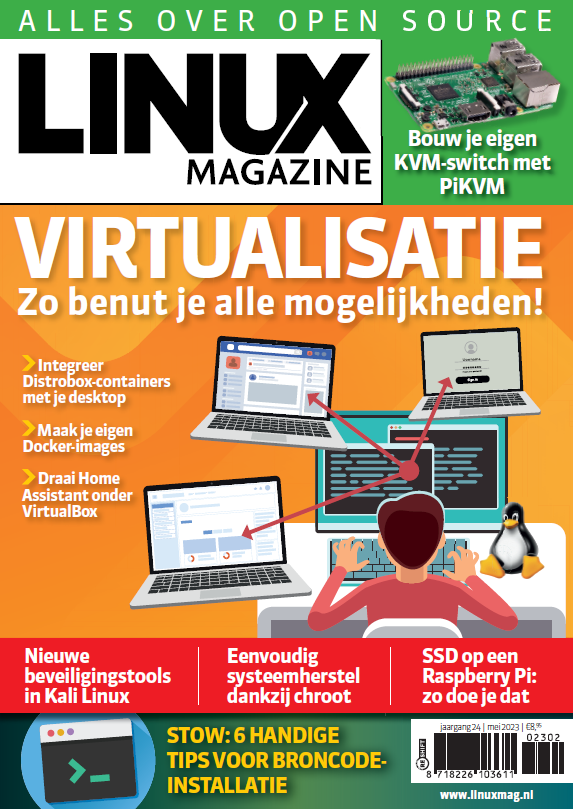
20 productivity tools for the Linux terminal
- June 11, 2020
- 0
Try some of these open source tools. Get more done.
Alan Smithee
Many of us, admittedly, only use computers because they’re fun. But some people use computers to get stuff done, and their theory is computers are supposed to make things faster, better, and more organized. In practice, though, computers don’t necessarily improve our lives without a little manual reconfiguration to match our individual work styles.
Kevin Sonney likes to design systems, not just for networks but for improving his own workday, and this year he covered 18 different productivity tools in a series of 20 articles. This article gets all of Kevin’s favorite tools in one place and provides a quick summary of what each one can do for you.
File sync
Important files deserve to be managed carefully.
- Syncthing is a way for you to keep files on different devices in sync with one another. A device can be a Linux, Windows, or Mac computer, a server, an Android tablet or phone, and so on, and the files can be any file you want to keep updated across many machines. Syncthing is lightweight and peer-to-peer, so you don’t need to pay for a service, you don’t need a third-party server, and it’s fast.
- Synchronization is one thing, but sometimes you also need help dealing with the files you have. Say you want an application to behave differently depending on whether it’s being used as a graphical application or as a console application. You could change the config file between, say,
.foo-guiand.foo-termby changing which its symlink points to. Doing that manually is entirely possible, but it could be scripted, or you could just use GNU Stow instead.




